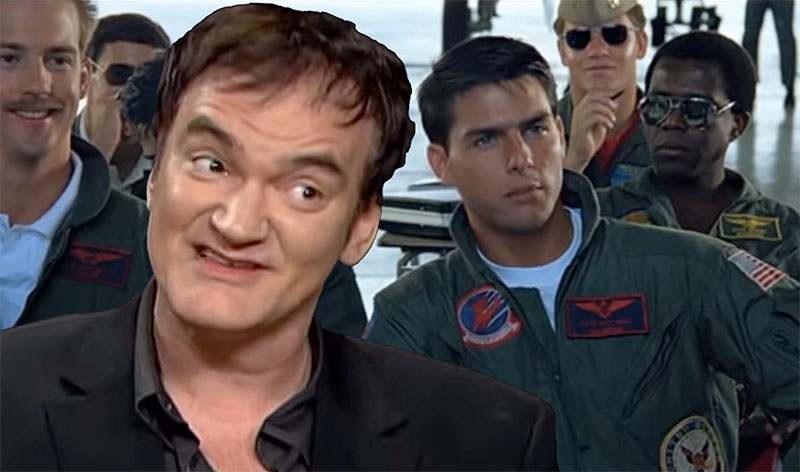
Quentin Tarantino, renowned for his deep dives into pop culture, has a unique interpretation of the 1986 film “Top Gun.” In a cameo appearance in the 1994 indie dramedy “Sleep With Me,” Tarantino delivers a monologue suggesting that “Top Gun” is a story about a man’s struggle with his own homosexuality.
The Monologue
Tarantino’s character in “Sleep With Me” passionately explains his theory at a party. He suggests that the film’s protagonist, Maverick, played by Tom Cruise, is on the edge of acknowledging his homosexuality. The other pilots, particularly Iceman and his crew, represent the gay man, encouraging Maverick to embrace his true identity.
Kelly McGillis, who plays the love interest, represents heterosexuality. According to Tarantino, her character attempts to pull Maverick back into heterosexuality by becoming more masculine herself. However, it’s Maverick and Iceman’s final interaction that, in Tarantino’s view, confirms Maverick’s homosexuality.
The Origin of the Theory
This interpretation of “Top Gun” wasn’t a spur-of-the-moment improvisation for the film. Tarantino and his friend Roger Avary had developed it into a routine they performed at parties while working at Video Archives, a video store. When asked to improvise a scene for “Sleep With Me,” Tarantino had this routine ready to go, resulting in a memorable monologue that echoes his “Like a Virgin” monologue in “Reservoir Dogs.”
The Legacy of the Monologue
While “Sleep With Me” has largely been forgotten, Tarantino’s monologue has not. It has sparked discussions about the homoerotic undertones in “Top Gun,” a film that has become an icon of gay cinema. The famous beach volleyball scene, among other moments in the film, lends credence to Tarantino’s interpretation.
Producer Jerry Bruckheimer has embraced this interpretation, stating that people can interpret films in any way they want. He sees Tarantino’s monologue as a compliment and acknowledges that the popularity of the rant has had no effect on how the sequel was written.


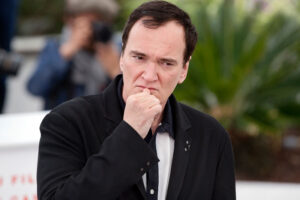

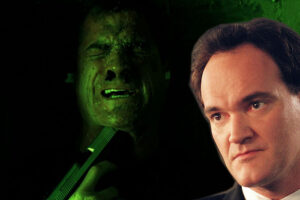

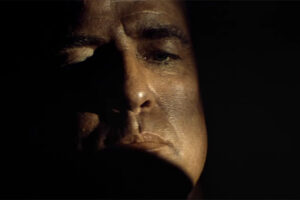

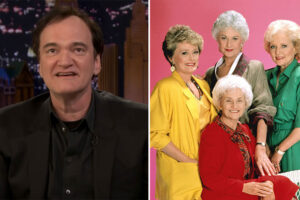

Leave a Reply